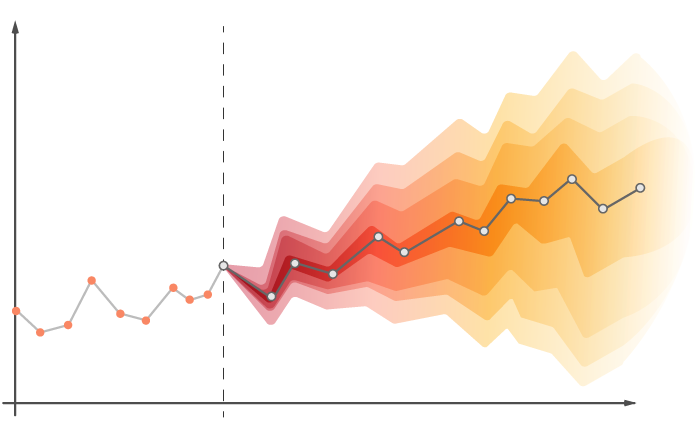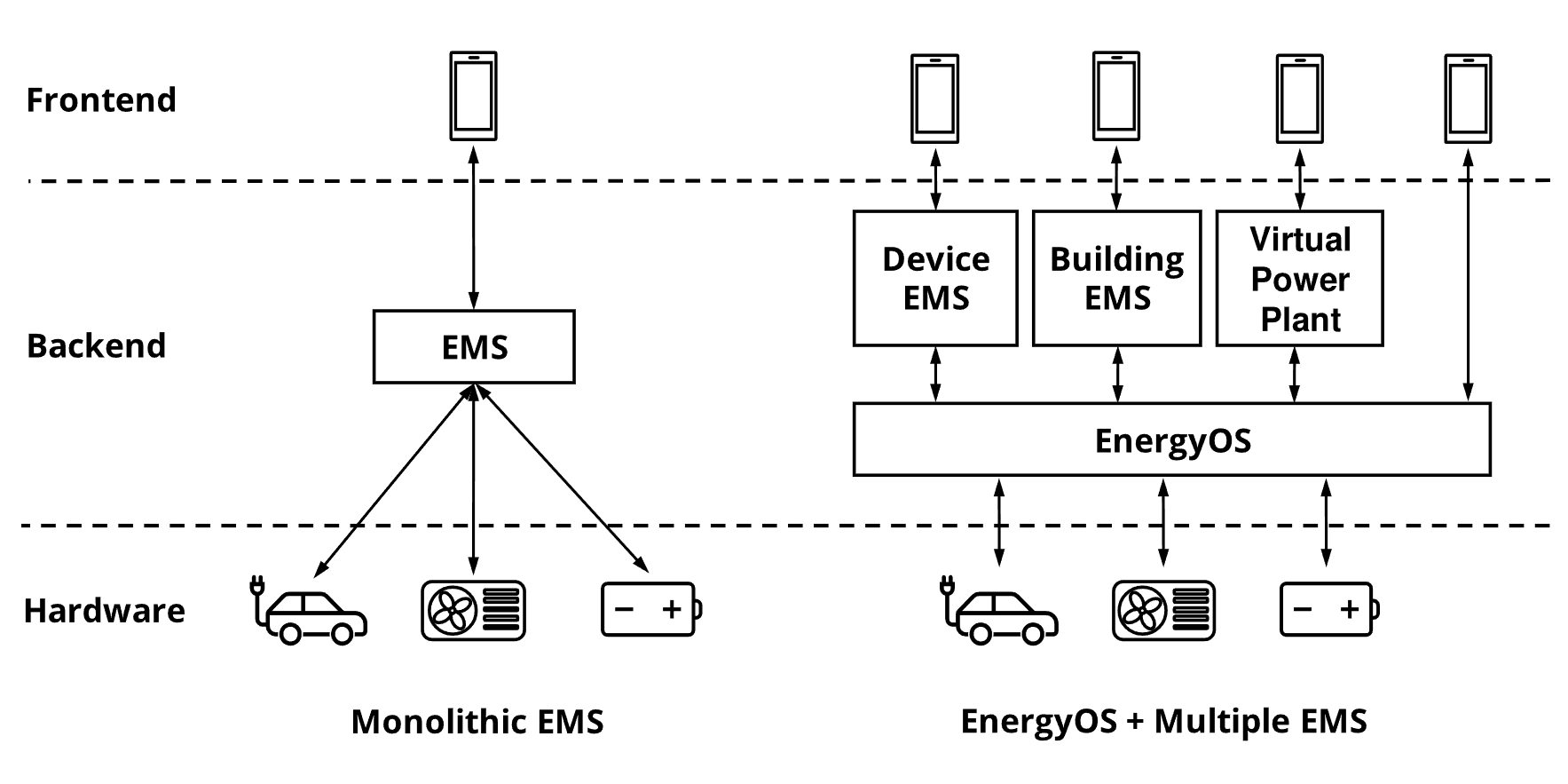If not indicated otherwise, topics can be worked on in English or German.
If you are interested in working on one of these topics, please get in contact with the related colleague via email.
Please include a CV and academic record sheet (transcript of records) in your request.
Additional topics may be available on request. Please contact directly the scientific staff members dealing with with the field of research (see homepage) that fits your interests.
This also applies to requests for supervision of external theses or internships. Please note that we will only supervise these if the topic fits into our field of research and is of interest to us.
BT: Bachelor's Thesis
MT: Master's Thesis
RI: Research Internship
Wenn nicht anders angegeben, können die Themen in Deutsch oder Englisch bearbeitet werden.
Wenn Sie sich für die Bearbeitung eines der Themen interessieren, kontaktieren Sie bitte die angegebene Kotaktperson per Email. Bitte senden Sie Ihren Lebenslauf und eine Übersicht Ihrer bisherigen Studienleistungen mit.
Weitere Themen sind evtl. auf Nachfrage verfügbar. Kontaktieren Sie hier bitte direkt die wissenschafltichen Mitarbeiter*innen, die sich mit dem Themengebiet beschäftigen (siehe Homepage), das zu Ihren Interessen passt.
Dies gilt ebenso für Anfragen zur Betreuung externer Arbeiten. Bitte beachten Sie hierbei, dass diese nur von uns betreut werden, wenn das Thema in unser Arbeitsgebiet passt und für uns interessant ist.
BT: Bachelorarbeit
MT: Masterarbeit
IP: Ingenieurspraxis
RI: Forschungspraxis
| Type (BT,MT,RI) | Topic (with short description) | Contact | possible start date | Time Topic Added |
|---|---|---|---|---|
MT, BT, RI, Projektpraktikum, | Optimization under Uncertainty in the Energy Sector Research method: Protoytping, Modelling Research questions:
Possible approach:
Suggested Readings:
Concepts and Tools:
| Simon Zollner | winter semester 2024/25 | 01.06.2024 |
MT, BT, RI, Projektpraktikum, | Probabilistic PV / Load Forecasts Research method: Protoytping, Modelling Research questions:
Possible approach:
Suggested Readings:
Concepts and Tools:
| Simon Zollner | winter semester 2024/25 | 01.06.2024 |
MT, RI, Projektpraktikum, Ingenieurspraxis, Forschungspraxis | Home Energy Management Systems Benchmarking Laboratory Research method: Prototyping Research question: How can Home Energy Management Systems (EMS) be benchmarked in a Laboratory setup? Possible approach:
| Sebastian Eichhorn | anytime | 05/2024 |
| MT, RI, Projektpraktikum, Forschungspraxis | EnergyOS: Operating System Internal Resource and Data Management Research method: Literature Review, Prototyping Research question: How can we store and retrieve data most efficiently? Possible approach:
Your background/interests:
Background: Current Energy Management Systems are monolithic systems with only one goal in mind and only a limited view of their environments. However, they often operate in parallel to other EMS systems that access the same resources, contain useful and relevant information for them, and/or have conflicting system objectives. EnergyOS is a connected EMS platform that allows multiple EMS apps to communicate, plan, and resolve these types of conflicts natively, by providing functionality for distributed resource management and control of EMS components. | Ehimare Okoyomon | Starting in WS 2024 | 03/2024 |
| MT, RI, Projektpraktikum, Forschungspraxis | EnergyOS: Scheduling and OS-controlled Schedule Generation in a Multi-App EMS Platform Research method: Literature Review, Prototyping Research question: What level of control should the EnergyOS have in creating and executing operation plan schedules for energy components? Background: Current Energy Management Systems are monolithic systems with only one goal in mind and only a limited view of their environments. However, they often operate in parallel to other EMS systems that access the same resources, contain useful and relevant information for them, and/or have conflicting system objectives. EnergyOS is a connected EMS platform that allows multiple EMS apps to communicate, plan, and resolve these types of conflicts natively, by providing functionality for distributed resource management and control of EMS components. Possible approach:
Your background/interests:
| Ehimare Okoyomon | Starting in WS 2024 | 03/2024 |
| BT, MT, RI, Forschungspraxis | Development of Smart Grid Simulator (Project EDGE) Research method: Prototyping Research questions:
Possible approach:
Resources: | Christoph Goebel Sebastian Eichhorn Elgin Kollnig | flexible – please contact us! | 09/2023 |
| BT, MT, RI, Forschungspraxis | Deep Learning based Estimation of Distribution Grid State Research method: Prototyping Research question:
Possible approach:
| Christoph Goebel | flexible – please contact me! | 09/2023 |
Supervisors see also → Processing for Theses (Bachelor/Master)
Betreuer siehe auch → Abwicklung von Abschlussarbeiten

